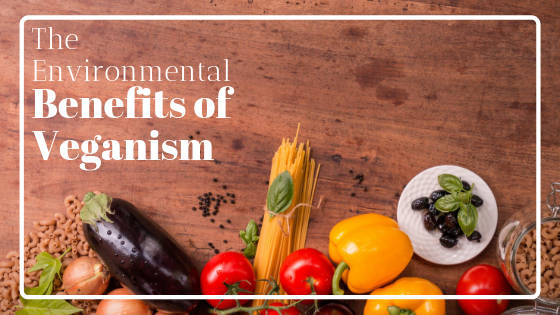With the help of social media and more news coverage, the importance of “going green” and saving the environment has become more broadcasted in recent years. While the world still has a long road to recovery in shrinking our carbon footprint, many advancements are being made that are certainly helping. Eliminating plastic use is helping to clear out our oceans and landfills, and technology is making it easier to conserve energy without changing much of our daily habits. However, one significantly impactful way to help the environment is actually equally as healthy for our bodies as it is our globe – going vegan.
The rate that the human race consumes meat should be alarming, however, few people realize all of the harmful effects of producing animal byproducts. The production of meat and dairy products for consumption contributes to over 60% of the greenhouse gas emissions that the agricultural industry manufactures through cattle-produced methane and carbon dioxide. While these products are sometimes made out to be a necessity in a healthy diet, they are not accounting for nearly as much protein and calcium that our bodies should consume. In fact, there are plenty of plant-based alternatives that provide just as much – if not more – protein to humans.
Similar to any well-oiled industry, plenty of energy, land, and water is needed to run the agriculture business effectively. The amount of water that is required to supply proper nutrition to livestock is immense, causing a scarce supply to those without access to clean viable water in other regions of the world. Livestock is also a big contributor to water pollution, and it takes less water to grow plans than it does to keep livestock alive long enough to slaughter them for their meat.
Making room for the thousands of acres of land that the agricultural industry requires to raise livestock for meat consumption is not an easy task. It typically requires a good deal of deforestation in order to find the room for these farmlands. Growing vegetables is a much more controlled process that takes up far less space. The resources required to execute the process of producing meat is exhaustive and uses a lot more energy than we may think. From the time the animal is born to the time it ends up on someone’s plate, multiple processes requiring a great amount of energy are performed. Plant-based meals and protein use far less energy as they can be prepared raw in most cases.
Ethical stances and the morality of animal rights aside, there are numerous reasons that are being uncovered as to why humans should consider veganism. While the change may be difficult to get accustomed to at first, it results in a healthier lifestyle for our bodies and the world that we live in.
